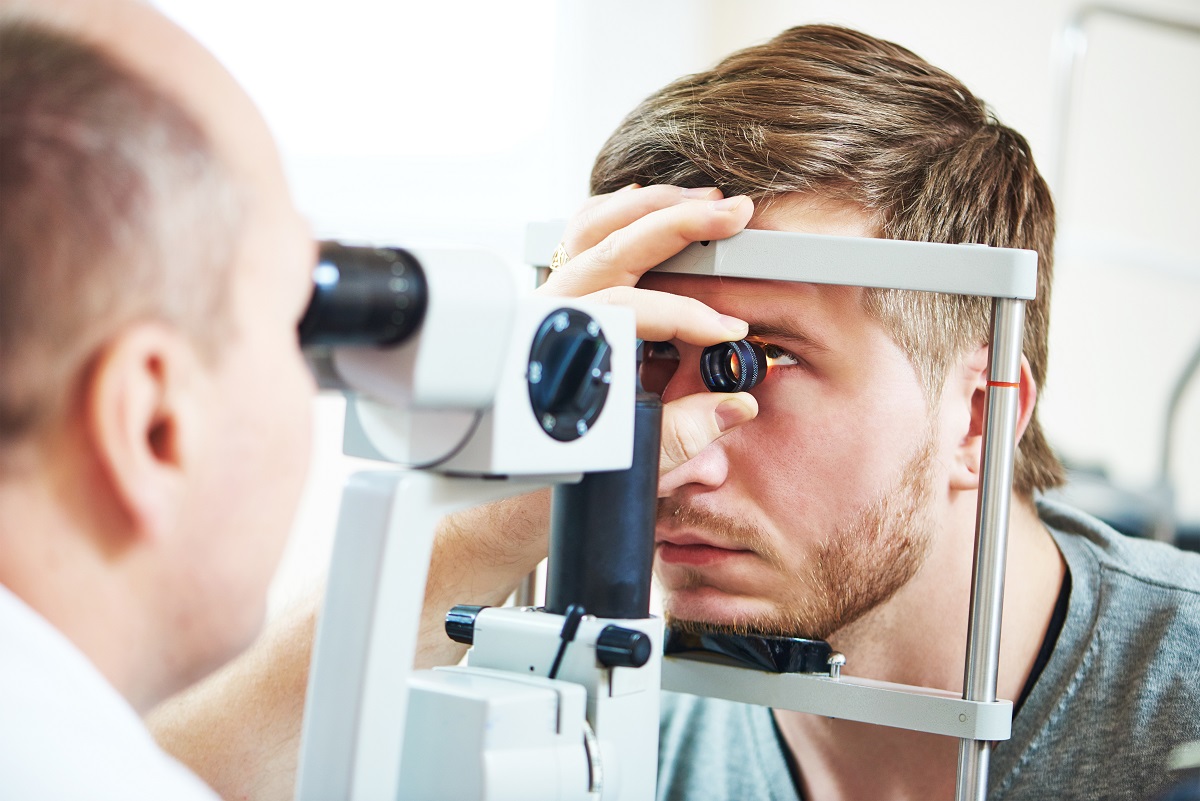Do You Need to See a Retina Specialist?
Submitted by Elman Retina Group on September 19, 2021

All areas of medicine have what are known as “subspecialties.” For example, some surgeons choose to specialize in plastic surgery or colorectal surgery, and some dentists choose to specialize in cosmetic dentistry or periodontics.
The same can be said of ophthalmologists, eye doctors and surgeons who went to medical school: some eye doctors choose to further specialize in the treatment and management of conditions affecting the vitreous and retina. These doctors are known as retina specialists or surgeons.
Elman Retina Group is home to some of the finest retinal specialists in the area. In this post, our team explains the circumstances in which you may need to schedule a visit with one of our doctors.
Something abnormal showed up during an eye exam.
If your optometrist or general ophthalmologist noticed something unusual in the back of your eye during a routine eye exam, he or she may ask you to have one of our retinal specialists to take a second look.
After the standard 12 years of the training it takes to become an ophthalmologist, our doctors spend an extra two or more years training specifically in the diagnosis, management and medical and surgical treatment of problems affecting the retina and vitreous. We offer sophisticated, state-of-the-art imaging technology, such as optical coherence tomography angiography and ultra-widefield fluorescein angiography, to look at the back of your eyes and confirm or rule out vitreoretinal conditions.
You noticed visual symptoms that could indicate a retinal problem.
Another scenario in which you should see a retinal specialist is if you experience symptoms that suggest a problem with your retina. These symptoms include the sudden appearance of multiple floaters, the illusion of flashing or flicking lights, a dark or gray curtain-like shadow moving through the visual field, declining peripheral vision or extremely blurry vision.
Since our practice is exclusively dedicated to retinal care, we have more experience with conditions like retinal holes/tears, macular degeneration and diabetic retinopathy than a general eye doctor does.
We are also extremely knowledgeable about the risk factors associated with these conditions, so we can evaluate your health, medical history, medications, family history and lifestyle to determine whether you are at a higher risk of certain retinal problems.
You experienced eye trauma that could affect your retina.
An eye injury or blunt trauma to the eye usually requires prompt medical attention. If you experience an eye-related emergency, do not delay scheduling an appointment with your eye doctor. Depending on the circumstances of the injury, your doctor may refer you to see one of our retinal specialists for diagnosis and treatment. Acting quickly after an injury or emergency can save your eyesight!
For more information about the scope of services available at Elman Retina Group, call or email us today.



